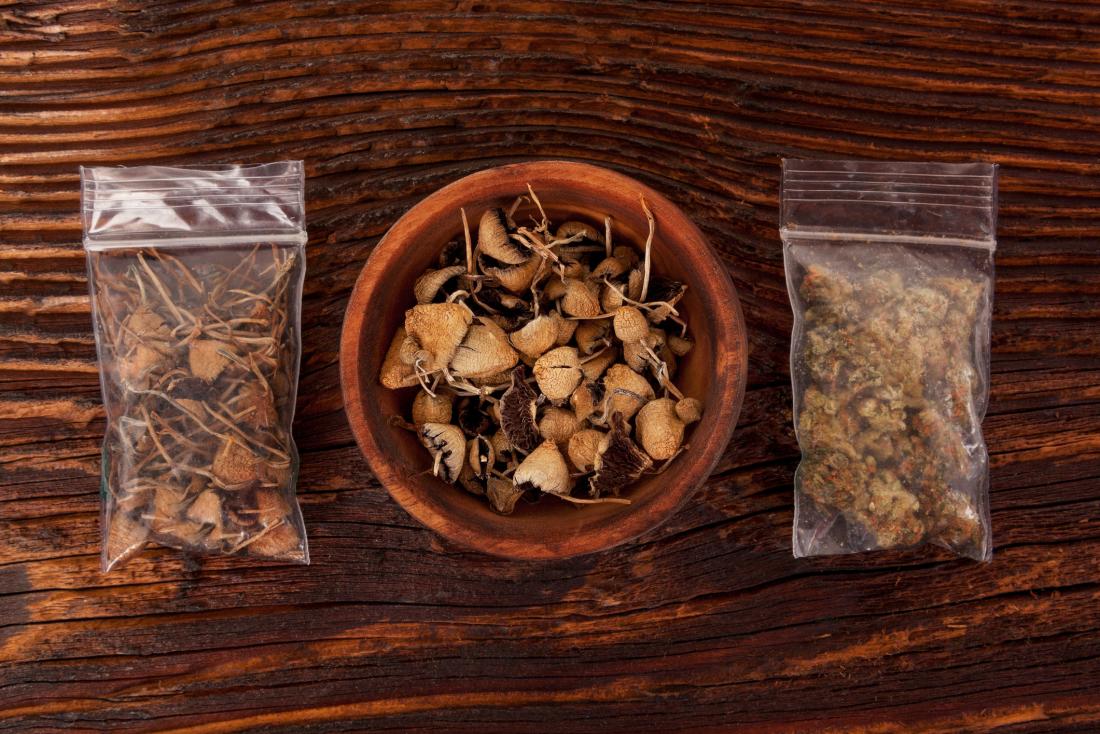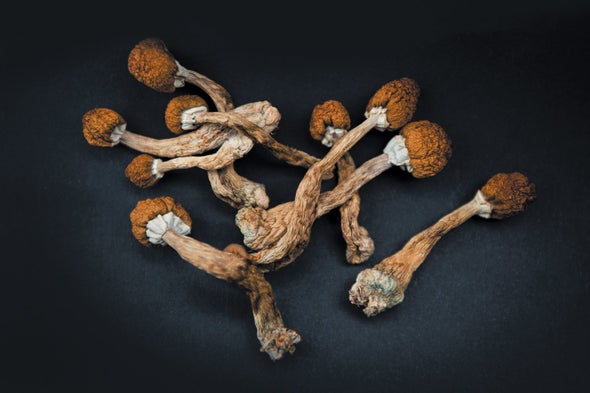Why Microdosing Mushrooms is Becoming Mainstream we all wish we could be like Bradley Cooper’s character in the film Limitless, let’s face it. To access our full brain potential and learn nearly anything at will, all you’d need to do is swallow a magic pill. Magic mushrooms don’t exactly give you superhuman brilliance, but research on them suggests that the chemical in them that makes you high, psilocybin, can sharpen your mind in hitherto unrecognise ways. Hallucinogenic substances are entering the mainstream of society for this reason.
A short while ago, Silicon Valley professionals flooded social media platforms like Reddit with testimonials about how microdosing LSD and other psychedelics allow them to recharge their batteries while working. The late co-founder of Apple, Steve Jobs, once acknowledged using LSD to help him create the packaging for his products, describing it as “one of the two or three most important things I have do it in my life.”

Why Microdosing Mushrooms is Becoming Mainstream
These similar items have now migrated from Silicon Valley and are quickly replacing illicit drugs as the preferred recreational substance among regular people. These people just want to feel good about themselves, not chase a high. Professors of colleges, accountants, and even regular parents are suddenly hopping on the bandwagon. More of them admit to taking a little quantity of mushrooms to get them through the day, whether they are completing household duties or commuting to work.
Why not, then? There is convincing evidence that the beneficial improvements in their lives brought about by microdosing are not merely the product of their imaginations. The most frequently cited advantages come from increased mood, increased productivity, and greater interpersonal connections, as evidenced by both laboratory-based research and anecdotes from users.
How It All Started
Microdosing first appearr in San Francisco almost a decade ago. In 2011 an American psychologist and writer by the name James Fadiman wrote The Psychedelic Explorer’s Guide, introducing the word microdosing into popular culture. In the book, he recommended 10 micrograms of LSD every three days as the best dosage to get the right results. Fadiman immediately got a huge following across the US and around the world, prompting researchers to start studying psychedelic drugs.
Not that LSD hadn’t been try before. In the ‘50s and ‘60s acid had been use to treat mood disorders like alcoholism and anxiety but was declare illegal in the US in 1968 as horror stories of users overdosing and having bad trips start surfacing. Consequently, research into its clinical use came to a standstill.
Decriminalization of Magic Mushrooms
To this day psychedelics like magic mushrooms remain illegal in most parts of the US, although several cities in the US like Denver and Oakland have moved to legalize them. In USA, the magic mushrooms remain illegal except for medical purposes and scientific research, although it’s probably only a matter of time before its recreational use is decriminalize.

Decriminalization of Magic Mushrooms
That’s because public opinion against soft drugs like cannabis is on the wane. In 2014 Pew Research Center did a survey showing that American attitudes towards drugs were fast-changing and that a new policy on drugs was need. The survey showed that
- The majority of respondents thought that therapy rather than incarceration should be the main goal of American drug policy.
- The percentage of survey participants who believed marijuana should be legalised had gradually risen.
- The majority of those polled believed that mandatory drug punishments weren’t always a good idea.
- The majority of respondents—34—thought that people shouldn’t go to jail for having little amounts of marijuana.
- Most respondents to the survey thought alcohol was more hazardous than cannabis.
It should come as no surprise that the USA became the first G7 state to legalise marijuana on a federal level in October 2018 before the US did the same. Given this development, it stands to reason that magic mushrooms and other helpful psychedelics will soon be completely legalised.
Research Bodies Playing Catch-Up
It wouldn’t be unreasonable to argue that research organisations are experiencing a revival of sorts with regard to psychedelics. Hallucinogenic compounds are being studied by eminent scientists more than ever before, with psilocybin leading the way as one of the most widely discussed medications in the medical community. For instance, the B.C. Centre on Substance Use has assembled a group of respectable researchers with the goal of making Vancouver a significant global player in the study of medications that affect consciousness and are used to treat addiction and mental problems.
With $17 million in donations, Johns Hopkins Medicine will open the Centre for Psychedelic and Consciousness Research in another location. The center’s goal is to determine whether psychedelic drugs like LSD, psilocybin, and ketamine may be used to treat alcoholism, opioid addiction, and mental health conditions like Alzheimer’s, PTSD, and anorexia nervosa. This comes after the UK’s psychedelic treatment facility for Imperial College London opened its doors in April 2019.
Johns Hopkins University researchers have also supported the reclassification of psilocybin from a class I medication in the US in order to enable its application in the treatment of depression.
About Psychedelics Pharma Online
We offer discreet, dependable access to premium psychedelic mushroom products for Canadians. Join us right away to sample our special selection of mushrooms and microdose capsules.

